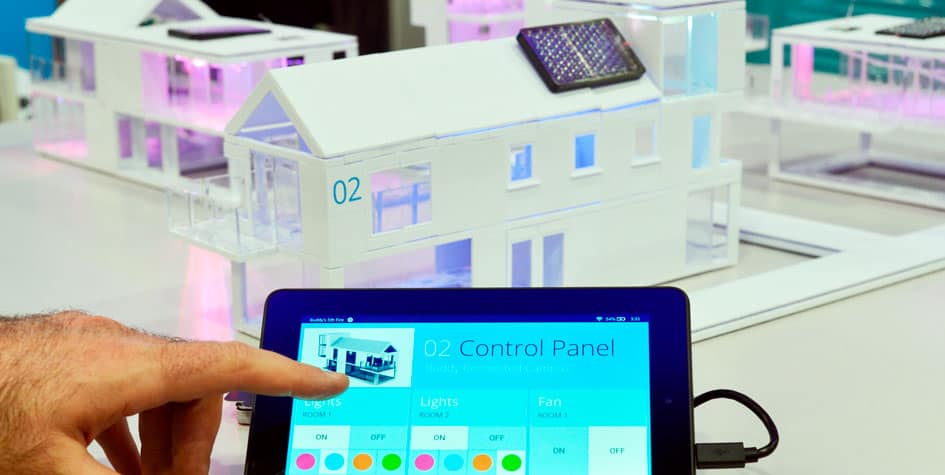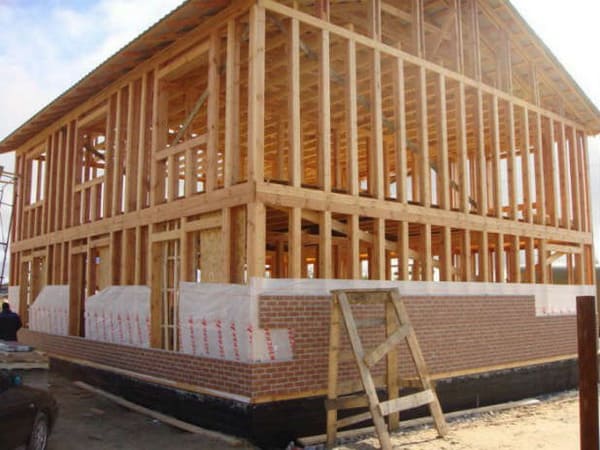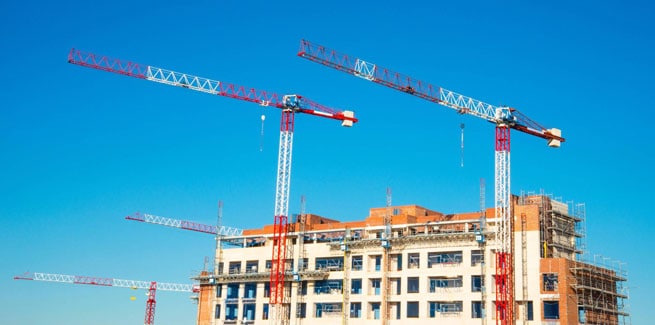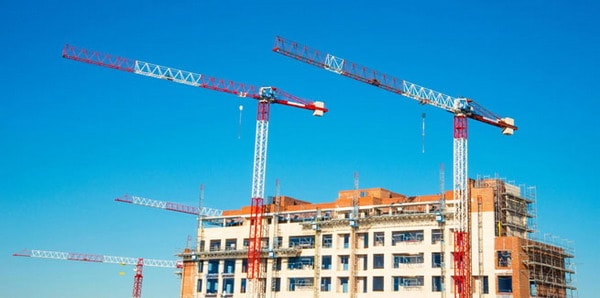Construction remained one of the most conservative industries, but today innovative technologies come here.
Digital technologies are gradually being introduced in all areas. The construction industry until recently remained the most conservative, but today its active digitalization is underway. The user is also overloaded with information and wants to save time by getting the maximum of default services within one system.
We tell you what technologies in the coming years will be widespread in the construction, sale and operation of housing.
BIM technology
Soon, BIM technologies (Building Information Modeling) will become commonplace in the implementation of construction projects. The state is also encouraging developers: since the middle of 2019, the use of information modeling has become mandatory when implementing a state order. Since 2022, this requirement will apply to all contracts for companies with state participation.
Developers themselves are aware that information modeling allows controlling all changes from the moment the project is initiated to the disposal of the building, and helps teams of designers, consultants, and builders to interact effectively. In the face of declining business margins, BIM developers will save them money. According to experts of PIK Group of Companies, the largest development company in Russia, the use of BIM can reduce design and construction time by up to 20%, and coordination and coordination during documentation development by up to 70–90%. Thus, developers can simultaneously work on a large number of projects without loss of quality and with a predicted cost, the company explained.
“BIM technologies are no longer the future”
Maxim Berlovich, head of the Moscow Territorial Administration of the Etalon Group:
– BIM technologies are no longer the future, but the present of the construction industry. Today, from design and construction based on BIM, we are actively moving to the operation of the facility using its digital copy, which contains all the necessary information about all the systems of the new house. Digital management and the infrastructure originally built into the project, including those based on wireless technologies, allow the management company to increase the service functionality for residents throughout the entire life cycle of the building, as well as integrate it further into the ecosystem of a smart city.
Internet of things
Developers also digitize construction processes. The Internet of Things (IoT) allows you to optimize and manage them. New technologies combine devices, sensors, etc., connected and interacting with each other on a single platform. All data on the progress of work, building materials, equipment, engineering units are analyzed in real time, which allows you to optimize the time and cost of work. Moreover, each of the participants in the construction process has remote access to this data. Thus, the developer can manage the entire construction process and in the future operation of the facility.
“Within two years, the construction will be digitized”
Alexander Ruchev, President of the Osnova Group:
– Digital technologies are rapidly developing and penetrating into all areas of business. Until recently, construction remained one of the last industries that went in this direction, but the situation is changing. Fierce competition and modern market realities are pushing us to go this way quickly. I believe that within two years the construction will be digitized and transferred to new processes and regulations. Due to the simplification of control over all processes, the time is reduced, the complexity is reduced during the control of construction and installation works, and greater efficiency is achieved.
Construction control
Drones, lasers, scanners, GPS devices and other special equipment are already being actively implemented by large developers. This allows them to fully digitize the construction process, and the data is fed into a single system, which helps to increase the effectiveness of control: monitor compliance with the original plan, its timing, speed and quality of work. The developer receives end-to-end analytics on the work at all stages and can optimize all processes, including the work of staff at the construction site. Another area of construction control is cost engineering: today, having loaded the BIM model, the user will automatically receive a resource estimate at the output, says Alexander Ruchev, President of Osnova Group of Companies.
“Construction is one of the least digitized industries”
Alexander Prygunkov, First Vice President, Operations Director, PIK Group:
– Construction is one of the most conservative and historically least digitized industries. At the same time, there is enormous potential for the application of innovative technological products that are of interest to customers as well. PIK is one of the few companies in the industry who sees this potential and comprehensively approaches the digitalization of construction and production processes and services. Our solutions allow us to increase the speed and quality of construction, and save customers time and receive maximum services in one company.
Smart House
The developers of the PIK and Osnova groups in their projects, even at the construction stage, began to introduce the Smart Home control system. After putting the house into operation, the system allows residents to remotely control their apartment through a tablet or mobile phone, monitor and pay for utilities, interact with the management company and use additional options – for example, smart pedestals, face recognition systems, video access control, etc. ” The list of connected functions is determined by the user himself, while some of the basic options are absolutely free, and additional functions can be connected for optional and optional Extra fee. Thus, the Smart Home system for the developer provides an additional competitive advantage, opens up new opportunities for residents, provides comfort and a higher level of security, ”Ruchev explained.
Online services
Various Internet services for consumers have become commonplace in many areas. They have long been introduced in real estate by realtors, developers and banks. This helps owners and potential home buyers to resolve many issues with the acquisition, sale, rental or operation of housing remotely – in one click. Today, the user is overloaded with information and wants to save time by getting the maximum of default services within the same system. While online services are not ubiquitous, but this is a matter of the near future. Get approval of a mortgage, book an apartment in a new building online, buy insurance, pay bills or order a service in the management company through a special application is already available in many companies.




